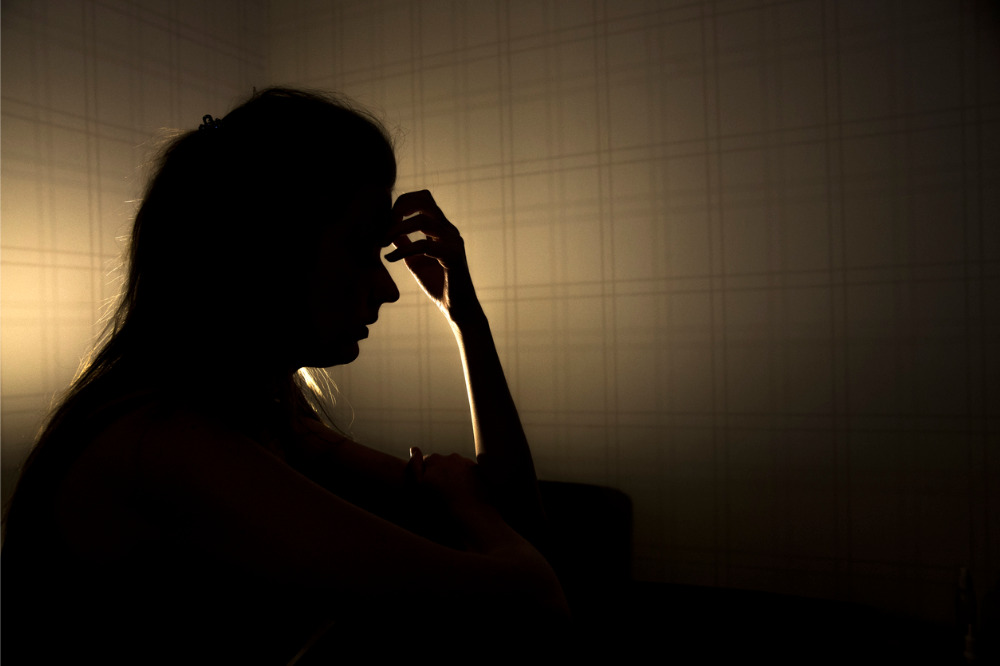
A new UK study reveals 40% of girls aged 14 to 21 experienced a deterioration in their mental health due to COVID-19 lockdowns.
The study by Plan International UK research found that of those girls, half said they were worried about someone in their family or household catching COVID-19 (51%) or that they were worried about their future because of coronavirus (50%).
The researchers believe that a gender analysis of the COVID-19 pandemic and a gender-aware response is needed because girls are more likely than boys to self-harm, experience depression, and experience depressive symptoms related to social media use.
While there is no research from Australia or New Zealand suggesting that girls’ mental health has been impacted to the same extent as has been experienced in the UK, it has been recognised that everyone’s mental health and wellbeing may suffer during this pandemic.
‘Girls’ schools uniquely well placed’
Alliance of Girls’ Schools Australasia (AGA) executive officer, Loren Bridge, said girls’ schools are uniquely well placed to support the mental health and wellbeing of their students through the COVID-19 crisis.
This includes its aftermath as schools return to the ‘new normal’ of increased hygiene, social distancing, restrictions on sport, extracurricular activities and travel, and the cancellation or reimagining of important school events, particularly for students in their final year of school.
“Research shows that single-sex schools encourage improved self-esteem and higher levels of psychological and social wellbeing in adolescent girls,” Bridge said.
“Girls’ schools specialise in girls. They tailor every aspect of their teaching and wellbeing programs to girls and staff are particularly well equipped to understand the needs of girls and how to support them”.
Bridge said girls’ schools in Australia and New Zealand have enhanced their already robust wellbeing programs, upping their monitoring of all students, and particularly that of vulnerable students.
“Not every student adjusted easily to learning online,” she said.
“Some experienced fear and anxiety as they absorbed the exceptional changes at home and around the world”.
Bridge said that providing support and reassurance to make the transition to online and now back to the classroom has been a priority for girls’ schools, adding there are “inspirational” examples of how girls’ schools are supporting their students, staff and communities, as well as each other, in these extraordinary times.
“Positive wellbeing is a priority for students too. A recent online session with 300 girls from Alliance schools revealed just how much value they place on staying connected, helping and supporting each other,” she said.
“Girls are saying they have been reaching out and really listening to their friends, building stronger connections and support networks”.
Early intervention pays off
Amber Sowden, head of staff and student wellbeing programs at Strathcona Girls’ Grammar School said the school began implementing wellbeing strategies as soon as COVID-19 emerged in Australia and are now focused on strength building for the future.
“We have different initiatives to support every year level but we are working particularly hard to support our Year 12s in managing what has been a huge disruption to their final year,” Sowden said.
“The biggest thing is the loss of rites of passage and a lot of them are grieving this”.
Sowden said the school’s wellbeing program in Term 3 will be focused on the girls reconnecting with their final year and re-establishing the important things about being in Year 12.
“All girls from years 7-12 received a wellbeing journal while in isolation and were encouraged to write reflections in. This tool will continue to be in place for the rest of 2020,” she said.
“In addition, all girls will write themselves a post-COVID letter that the school will give back to them at the end of the year”.
The letters will allow girls at the school to reflect on the positives of the pandemic, the good things they learned about themselves and their families, and what they would like to take forward into the future.
Now is not the time to pressure students
In New Zealand, where COVID-19 restrictions were more severe than Australia, Marcelle Nader-Turner, Counsellor at St Hilda’s Collegiate School, Dunedin, said that focusing on student wellbeing is a priority at all times, but in the current climate, the school felt that they needed to be looking at things in a different way.
“At St Hilda’s we are making extra efforts with school-wide wellbeing activities, really focusing on a sense of connection, belonging and fun, ensuring that students and teachers know that now is not the time to be putting the heat on in regards to "missed work,” Nader-Turner said.
Nader-Turner said that while schoolwork is continuing as normal, educators need to remember these are exceptional circumstances.
“Our brains, both adult and child, are struggling to feel ok when there is so much uncertainty and change,” she said.
“We really need to focus on each student ‘knowing’ that they are safe, that the year will turn out ok and that we value their wellbeing and mental health above all else”.


